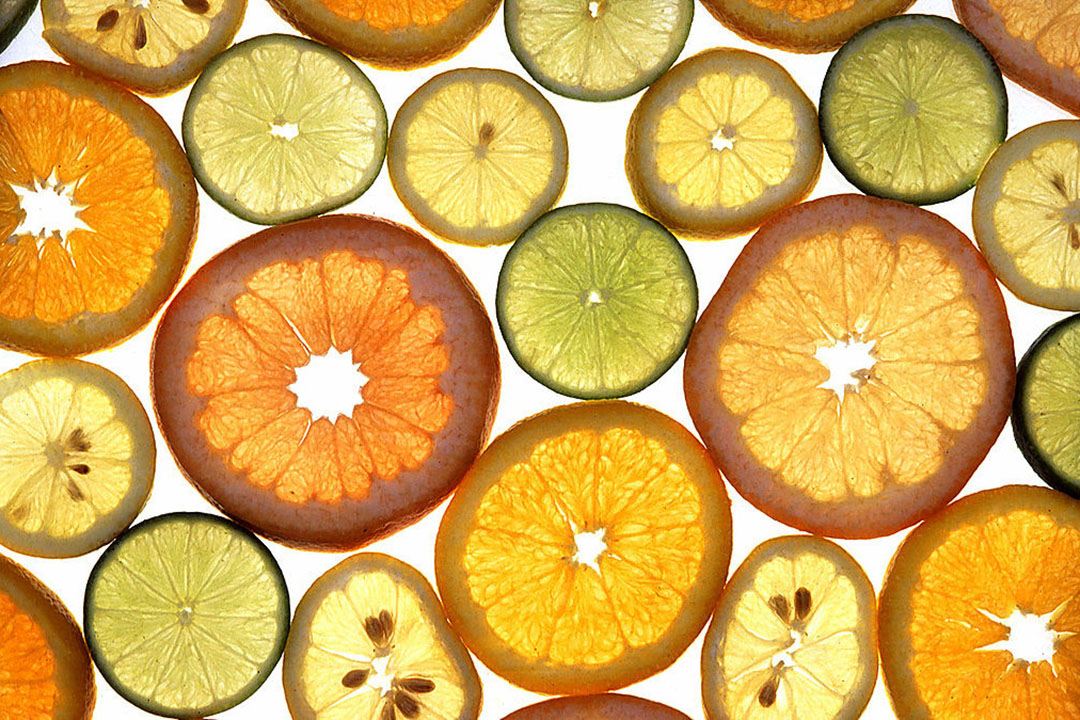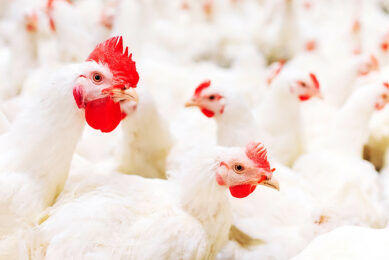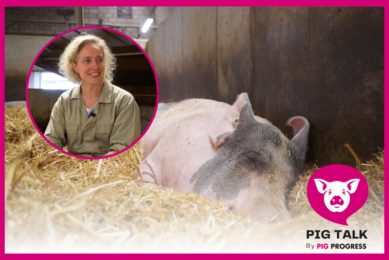Citrus extract improves gut health of piglets

A study evaluated the efficacy of citrus extract as a substitute for antibiotics in piglet diets. The results indicate that citrus extract increased the concentrations of plasma essential amino acids, improved intestinal morphology and digestive enzymes activity.
Piglets can experience stress during weaning, which changes the physiology of animals and can lead to intestinal dysfunction, thereby negatively impacting growth performance. Antibiotics are commonly used to treat these conditions, to prevent diarrhoea, promote growth, and improve intestinal digestion and absorption. Finding an alternative to antibiotics that reduces both antibiotic use and nitrogen emissions, improves animal growth, benefits farms economically, and reduces environmental pollution, would benefit multiple sectors of society.
Biological functions of citrus
Citrus flavonoids are reported to be extremely biologically active compounds. Citrus extract has various biological functions, including anti-cancer, anti-bacterial, antioxidant, and anti-inflammatory. Its strong antioxidant and anti-inflammatory effects are valuable in improving animal health.

Gut Health Special: Managing gut health is very complex with many parameters to consider. This special issue highlights specie-specific topics, including stress-related intestinal issues in weaning pigs, antibiotic alternatives to maintain poultry health and avoiding gut problems in dairy cows.
The piglet experiment
The experiment published on MDPI was performed on 144 weaned piglets (Duroc × Landrace × Large White) divided into 3 groups.
- The control group was fed a basic diet,
- The antibiotic group was fed a basic diet supplemented with 75 g/t chlortetracycline
- The citrus extract group a basic diet supplemented with 300 mL/t citrus extract.
The albumin content of the citrus extract group was significantly higher than the control group. Compared with the control and antibiotic groups, the citrus extract group had increased concentrations of plasma total essential amino acids and threonine. Compared with the control group, citrus extract increased the α-aminoadipic acid concentration, while compared with antibiotic group, it increased the 3-methylhistidine concentration. Compared with the control group, the crypt depth of duodenum, jejunum and ileum decreased, and the ratio of villus height to crypt depth of ileum increased in the antibiotic and citrus extract groups. Citrus extract increased the activity of alkaline phosphatase and lipase in duodenum, and the activity of alkaline phosphatase and trypsin in jejunum.
Conclusion
In brief, citrus extract increased the absorption and utilisation of nitrogen nutrients, improved intestinal morphology, and improved digestive enzymes activity, but had no effect on faecal nitrogen and P emissions. Citrus extract and antibiotics have similar effects in these aspects.











